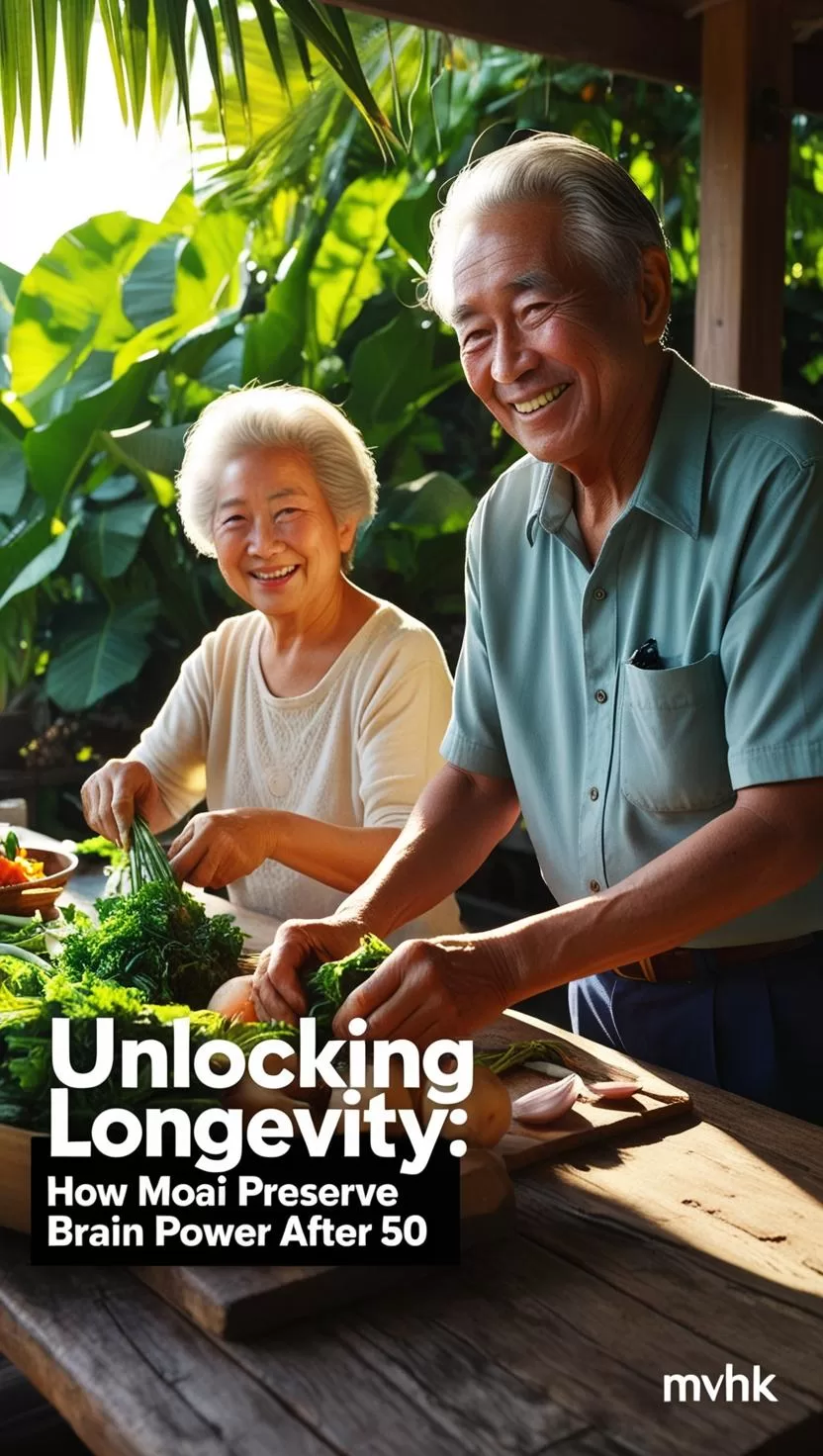Your Lifestyle, Not Your DNA: How Environment Determines Health and Longevity
Most of us believe our health and aging process are dictated by our genes. But new research from Oxford Population Health suggests otherwise. In fact, environmental factors such as physical activity, income, and daily habits have a much bigger impact on our health—and how long we live—than our genetic makeup. If you’re looking to invest in your future wellbeing, it’s time to pay attention to where and how you live.
1️⃣ Environmental Factors Have a Greater Impact Than Genes
🔬 Large-Scale Data from Half a Million Participants
In a study involving over 500,000 individuals from the UK Biobank, researchers analyzed the influence of 164 environmental factors alongside genetic risk scores for 22 major diseases. Their aim? To determine which truly impacts our health span the most.
Findings revealed:
- Environment contributes to 17% of premature death risk
- Genetics contributes less than 2%
These numbers challenge the long-held belief that our genes are destiny.
⚖️ Key Environmental Determinants Identified
The most significant risk factors included:
- Smoking
- Socioeconomic status (income, job security, home ownership)
- Physical inactivity
- Stressful living conditions
Each of these factors influences both disease risk and the pace of biological aging.
2️⃣ Socioeconomic Status and Daily Habits Are Powerful Predictors
💸 Income & Job Stability = Long-Term Health
Your paycheck affects more than your wallet. Researchers found income, housing, and employment status were strongly associated with 19 major health conditions, including:
- Cardiovascular disease
- Diabetes
- Respiratory disorders
Those with stable financial conditions had lower risks of chronic illnesses and improved resilience to age-related decline.
🏃♂️ Physical Activity Reduces Risk Across the Board
Regular movement—even low-intensity activities like walking—was linked to a reduced risk of 17 diseases, making it one of the simplest, most powerful interventions for long-term health.
3️⃣ Biological Age: A New Way to Measure Health Risks
⏳ The Science of Aging Clocks
Oxford researchers utilized “aging clocks” based on biomarkers—specifically protein levels in blood—to track biological aging. This method provided a clearer picture of how fast a person is truly aging on a cellular level, independent of chronological age.
The study found that:
- Environmental stressors like pollution and long work hours accelerate biological aging
- Healthy lifestyle factors slow down or reverse cellular aging
🧬 When Genetics Still Matters
While lifestyle outweighs genes in most areas, conditions such as breast cancer and dementia were more closely tied to genetic predisposition. However, even in these cases, environmental factors can mitigate risk.
✅ Conclusion: How to Get Started Today
Small changes make a big difference—especially when it comes to preventing disease and slowing the aging process.
Start with these 5 simple steps:
- Walk 30 minutes a day
- Reduce processed foods and sugary snacks
- Prioritize quality sleep
- Build a financial plan for long-term stability
- Create screen-free time daily to reduce stress
Even modest lifestyle adjustments can lead to improved health outcomes and extended longevity. And the best part? You don’t need to change your genes—just your routine.
- Oxford University Study on Environmental Risk
- Harvard Health: Physical Activity Benefits
- WHO: Determinants of Health
❓ FAQ Section
What is biological age and how is it measured?
Biological age reflects your body’s cellular condition rather than your birth year. It’s measured through biomarkers like protein levels, inflammation, and metabolic function.
Can lifestyle really override genetics?
In most cases, yes. The Oxford study found lifestyle and environment had a stronger correlation with disease risk than genetic factors for most conditions.
What are the easiest changes I can make today?
Start walking daily, eat more whole foods, reduce screen time, and build a stable routine. These habits slow down cellular aging and improve quality of life.






